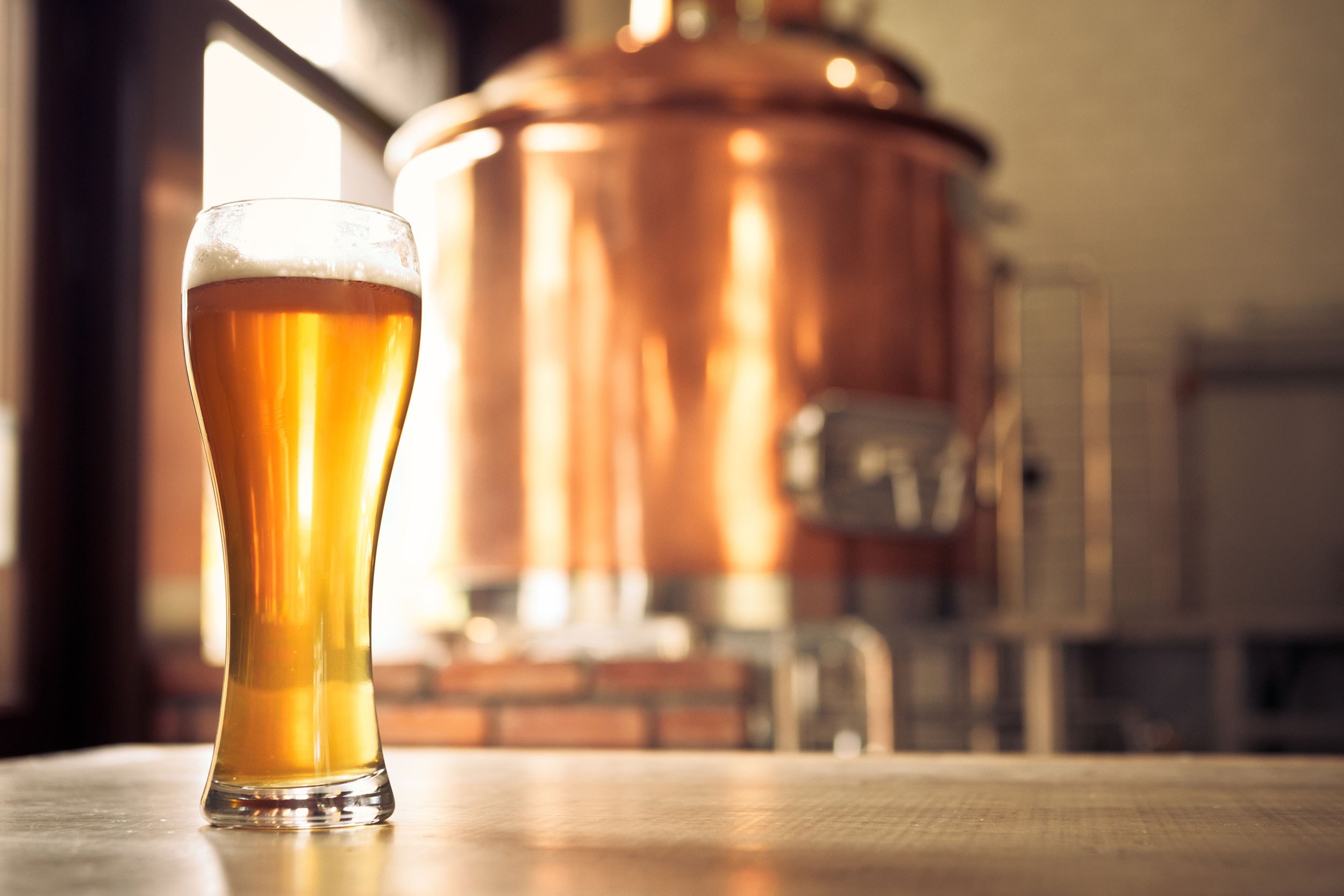Beer
Alberta beer, representative of Canada's robust craft beer movement, embodies the passion and resourcefulness of its brewers. With the vast barley fields of the province serving as its backbone, Alberta boasts a brewing heritage that's both rich and innovative. The province's beer culture is marked by an emphasis on quality, local ingredients, and diverse flavor profiles. From lagers to ales, stouts to IPAs, Alberta's brewing scene is vibrant, catering to the discerning palate of both locals and tourists.

About
Alberta's beer story is intimately tied to its agricultural strengths. The province is one of the world's top producers of barley, an essential ingredient in beer production. This premium-grade barley gives Alberta beers a distinct quality and taste. The purity of the water sources in the province further enhances the brewing process, resulting in beers that are both crisp and flavorful.
Craft breweries in Alberta emphasize a farm-to-glass philosophy. Many brewers work closely with local farmers, ensuring that the barley used is of the highest quality. The brewing process itself varies, with techniques ranging from traditional to experimental. The rise of microbreweries in recent years has allowed for innovation, leading to unique brews that challenge and redefine traditional beer categories.
History
Beer brewing in Alberta traces its roots back to the late 19th and early 20th centuries, when settlers, primarily of German and British descent, brought their brewing knowledge to the region. As the province grew, so did the need for local beverages, leading to the establishment of small breweries.
Prohibition in the early 20th century put a temporary halt to the brewing industry, but post-Prohibition, Alberta witnessed a resurgence in beer production. For several decades, larger breweries dominated the scene, but the late 20th and early 21st centuries saw the rise of craft breweries. With changes in liquor laws and increasing consumer interest in artisanal, local products, Alberta's beer scene transformed. Today, the province boasts numerous breweries, each with its unique identity and offerings, celebrating Alberta's rich brewing heritage.
Ways To Cook
Incorporating beer into cooking can enhance and introduce new flavors to dishes:
- Marinades: Beer, especially darker ales, can tenderize meats due to their mild acidity. It also infuses them with a rich, malty flavor.
- Batters: A classic use of beer in the culinary world is in batters for fish, chicken, or vegetables. It introduces a lightness, thanks to the carbonation, and a slight yeasty flavor.
- Braising: Beers, particularly stouts or porters, are excellent for braising meats. They introduce depth and richness to the cooking liquid.
- Breads: Incorporating beer into bread recipes can give them a unique flavor and texture, with the yeast in the beer aiding in the rising process.
- Sauces: Reducing beer in sauces, especially for dishes like sausages or mussels, adds a layer of complexity and richness.
- Desserts: Dark beers can be used in desserts like chocolate stout cakes, introducing a malty, deep flavor.
When cooking with beer, it's crucial to choose a variety that complements the dish. Just as with wine, not all alcohol will evaporate during cooking, so it's essential to keep that in mind when serving.
Some Of Our Favourite Videos
Alberta Beer Producers
Troubled Monk
About this producerFoods from this producer:
